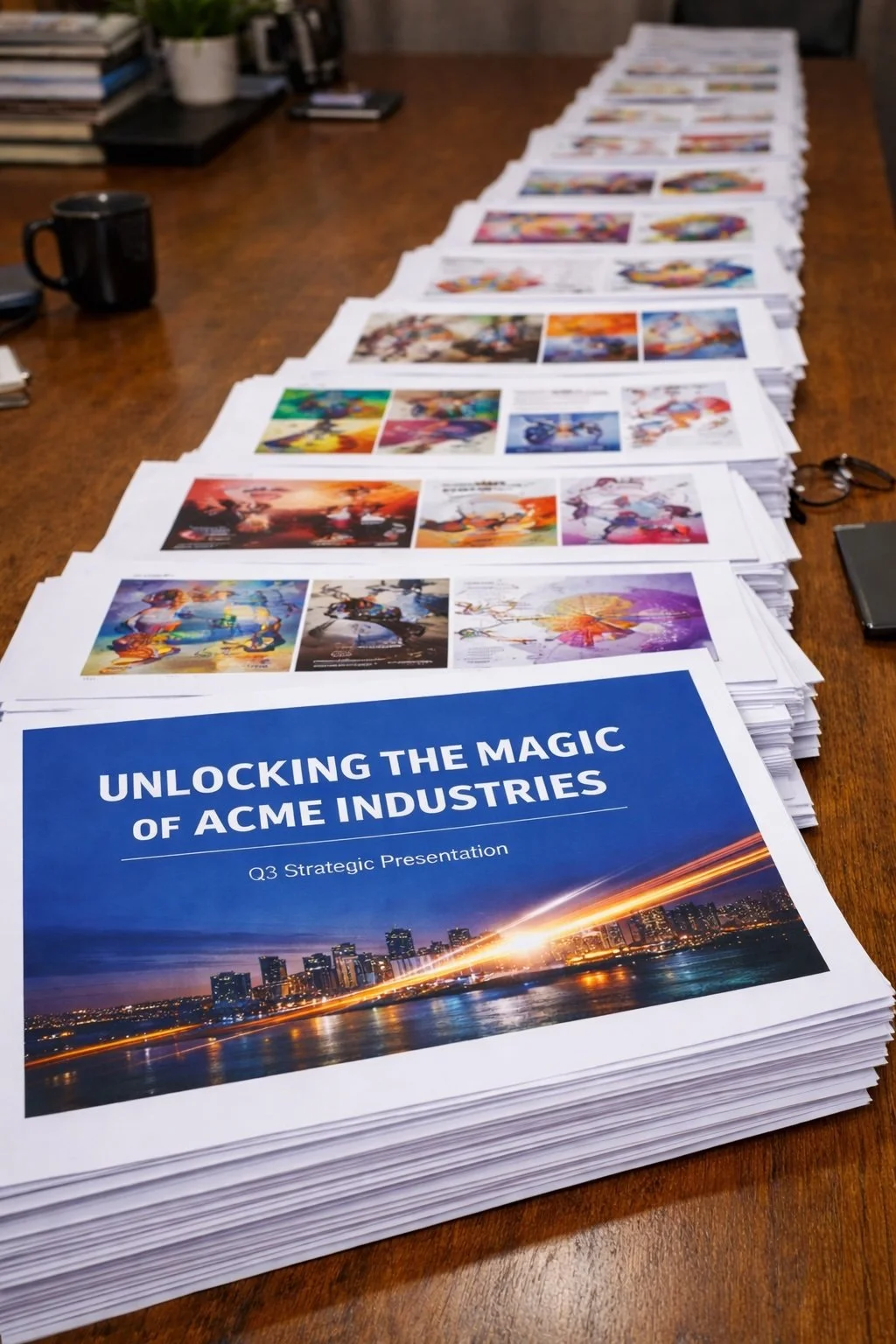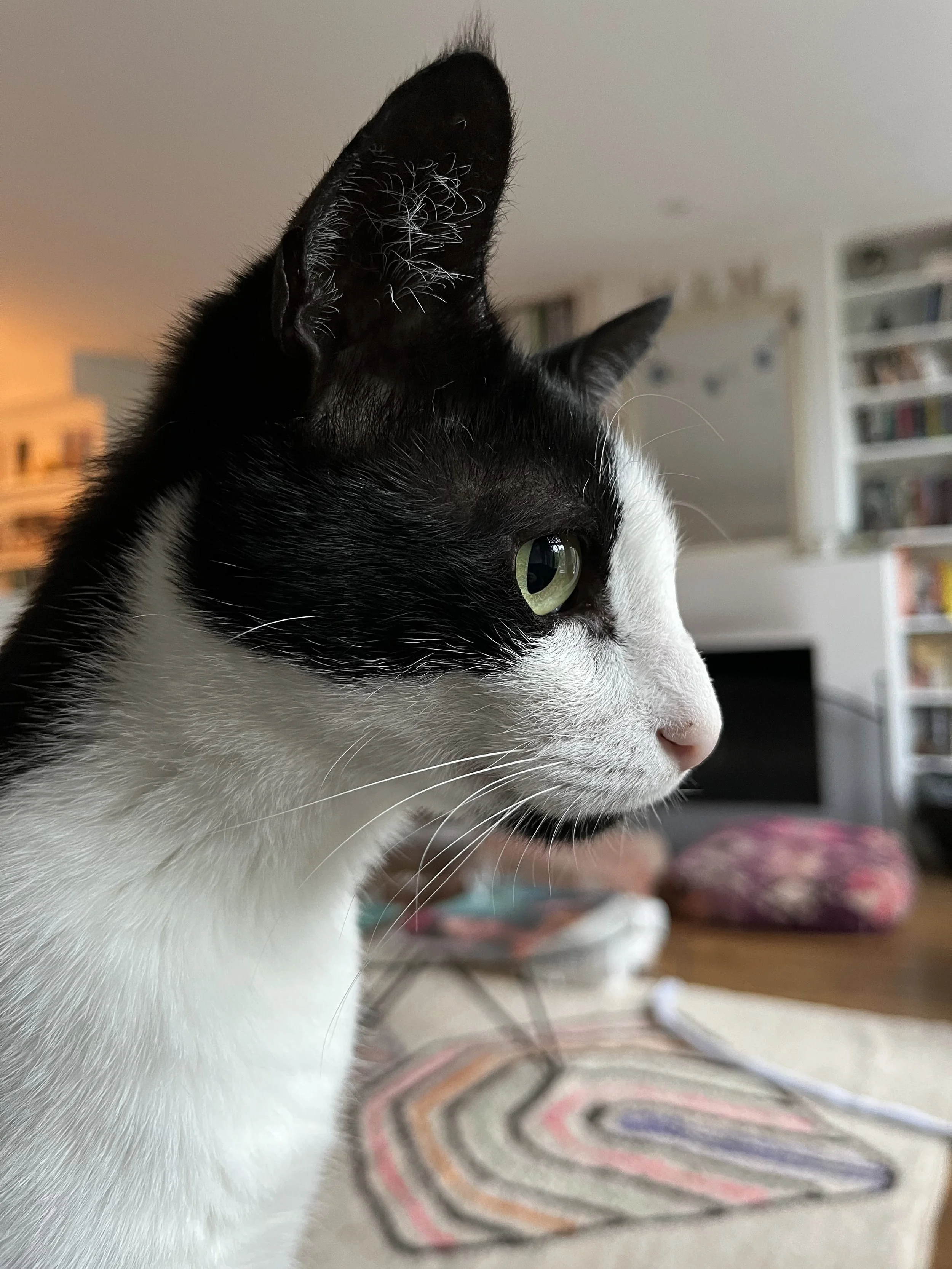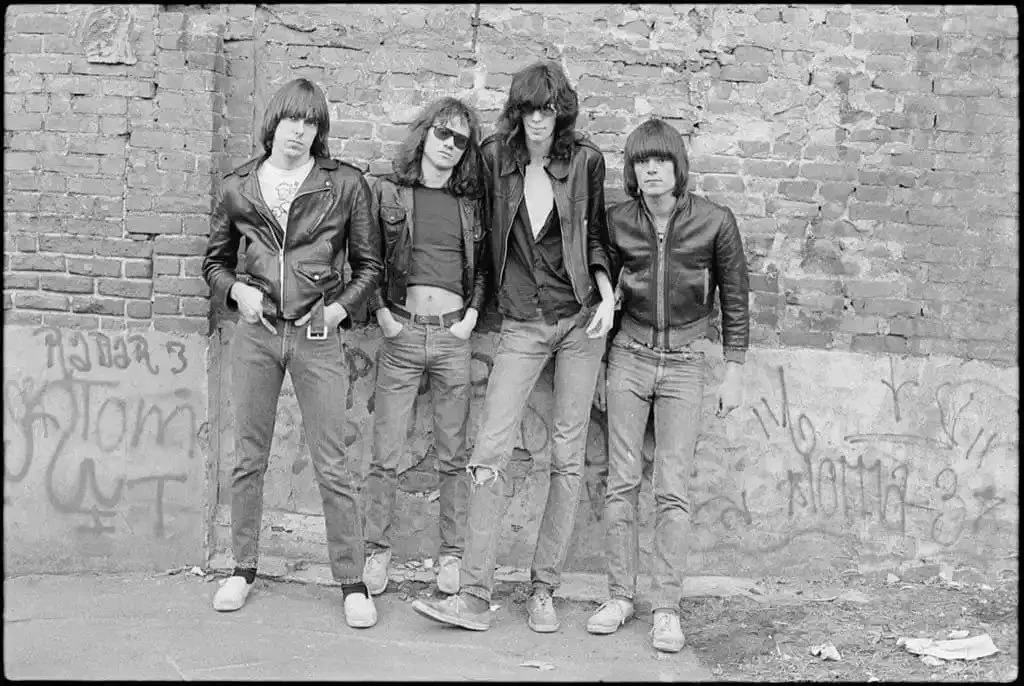We know that brevity in strategy is not performative minimalism. So why the industrial scale slide-count?
Read MoreThe end of the year approaches, so I’m writing this as a way of finding out what I now know. After a whirlwind year of motion, decisions, change, and consequence, I needed to pause and reflect what actually changed in my work, my thinking, and my sense of self - and what the year taught me about doing it on purpose.
Read MoreLike what do you do when your brand has become a prisoner of executional formula and wants accelerate growth with a real long-term brand platform?
That was the challenge facing Corona.
Read MoreBrand problems? I’ve seen a few…
Like what do you do when being a single malt whisky with a deeply authentic, hundred-plus-year-old story of craft and tradition isn’t enough of a reason to buy in an ocean of whisky with deeply authentic, hundred-plus-year-old stories of craft and tradition?
Read MoreLike how do you bid farewell to your most successful and arguably most valuable driver in a way that sets the team and its fans up for the next chapter once he leaves?
That was the challenge facing the Mercedes-AMG PETRONAS F1 Team.
Read MoreLike what do you do when your business and brand has become so addicted to chasing short-term innovation uplifts that it’s allowed its core business to be eroded?
Read MoreLike what do you do when a group of refugee ballet dancers in Amsterdam form a dance company and want to use their platform to highlight the horrors unfolding back home, while still selling tickets? Oh, and when it’s not an agency assignment, and the budget is virtually zero?
Read MoreLike what do you do when you have a fractured global brand, communications, and marketing organisation, and are needing to support premium pricing while you aggressively expand distribution?
Read MoreLike what do you do when you are disproportionately reliant on paid search and find that your customers are booking accomodation but have no memory that it was through you?
Read MoreObservation, curiosity, empathy - these are vital. Dieter Rams said "Indifference towards people and the reality in which they live is actually the one and only cardinal sin in design”. His words apply to the development of brands and advertising too. But the idea that ‘insight’ is and must always be the starting point and first hurdle to overcome is deeply flawed. The strategist’s real job isn’t to find truth - it’s to create traction, and create change. Insight may be helpful in that endeavour. But it is not holy.
Read MoreThere is much that is problematic with the theology of ‘insight’ as presented by the self-appointed members of its Inquisition. But even if one were to reject the various articles and tests of faith they demand and think more simply (heresy!) in terms of useful understanding, I have come to believe that as a way of thinking about our intended audience, it is still not quite enough.
Read MorePatience and timing, curiosity and exploration, improvisation and adaptability in new environments, economy of effort, presence and focus, independence, not conformity, play as necessary preparation, sensing beyond the obvious, rest as renewal… I was going to close by suggesting that cats can teach us so much about the straegic mindset. But as I type this I find myself reflecting that cats can teach us so much about the art of living.
Read MoreIn the development of strategy we must stay alert for drift and bloat - and work to inoculate strategy against thoughtless (if well-intentioned) meddling. Surrendering the integrity and fidelity of our strategy is not an acceptable price to pay for playing nicely and allowing for input and collaboration. So be open to high quality input but make the price of mere meddling steep. And enlist in advance the support of somebody able to drop the hammer should the need arise. Honestly it’s not complicated. It just needs some clear-sighted intentionality.
Read MoreWe should aspire to the standard that Bono spoke of - brands that talk, like they walk, like they perform, in which everything adds up. Want to find your brand’s true, compelling superpower, the true source of its value and magnetism in the world? Then strip it all back to just that, and that alone. Be the heartless truncator, the merciless editor, and take a scythe to the unwanted and unnecessary acres of fluff and bullshit.
Read MoreAll of which is to say that I’ve chosen to work differently and focus my efforts not on inputs, hours, costs, and activities but on what client organisations really want and buy, which is solutions to business problems. Exciting conversations about value as opposed to dreary conversations about time are where real relationships and partnerships - and transformations - are forged. I mean, there really didn’t see much point advising client organisations to adapt, evolve, think different, innovate, create meaningful and lasting value in the world, lean into the future, or grab a seat at the front of the bus while there still is one if I wasn’t going to do the same.
Read MoreWe say that it’s all about “the work” as if clients are merely shopping for outputs and assets. And then complain about squeezed revenue and margins.
But it becomes ever more clear to me. Point to what you are proudest of, and you’ll find the scope of your value.
Read MoreThen he’s tasked with polishing forks. Fucking forks. And Richie’s ego begins to learn the most valuable lesson of all - it’s not about feeling important in the eyes of others, but about taking pride in oneself for the time and effort one puts into the details.
He then finds Chef Terry (exquisitely played by Olivia Colman) peeling a pile of mushrooms. Fucking mushrooms. He’s baffled. She quietly tells Richie that mushrooms do not, strictly speaking, need to be peeled: “It’s just a nice little fun detail so that when the diners see it, they know that someone spent a lot of time on their dish.” And now he gets it. Be of service. And care. Really fucking care.
Read More


















